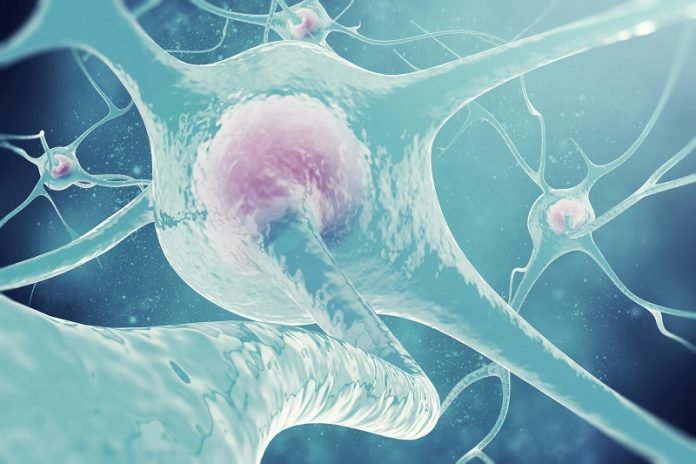
Dementia is a debilitating condition that affects millions of people worldwide, primarily impacting elderly populations.
Characterized by a decline in memory, problem-solving abilities, and other cognitive functions, dementia profoundly affects daily functioning and quality of life.
While traditional treatments have focused on managing symptoms, recent advances in 2024 have brought new hope with innovative treatments aimed at more directly addressing the underlying causes and even potentially reversing cognitive decline.
Recent years have seen a significant shift in how researchers understand and approach dementia, particularly Alzheimer’s disease, which is the most common form of dementia.
This shift has led to the development of treatments that target the disease more precisely, with a focus on the biological mechanisms involved.
Targeting Amyloid and Tau Proteins: One of the key breakthroughs in treating Alzheimer’s disease involves targeting amyloid-beta plaques and tau protein tangles, which are hallmarks of the condition.
Amyloid plaques are sticky buildups which accumulate outside nerve cells, and tau tangles are twisted fibers that build up inside cells. In 2024, several drugs have been developed that specifically target these proteins to prevent their accumulation or help break them down.
These drugs aim to halt the progression of the disease by intervening early in its development, potentially preserving cognitive function for a longer period.
Gene Therapy and Precision Medicine: Another exciting development is the use of gene therapy and precision medicine techniques. Researchers have identified several genetic factors that increase the risk of developing dementia.
Gene therapy aims to rectify these genetic defects by introducing correct genetic material into a patient’s body using vectors (typically modified viruses).
On the other hand, precision medicine involves tailoring treatments based on an individual’s genetic profile, lifestyle, and other factors, ensuring that the treatment is as effective as possible with minimal side effects.
Immunotherapy: Immunotherapy, which has been successful in treating some types of cancer, is now being explored for dementia. This treatment boosts the body’s immune system to fight off the harmful proteins that lead to dementia.
Recent trials have shown promising results where immunotherapy has slowed the rate of cognitive decline in some patients by targeting specific pathways involved in the disease process.
Lifestyle Intervention Programs: Aside from pharmaceuticals, there is a growing emphasis on comprehensive lifestyle interventions.
Programs focusing on diet, exercise, cognitive training, and social engagement have shown potential in improving cognitive function and delaying the progression of symptoms.
These programs are based on the understanding that a multi-faceted approach can influence brain health significantly.
Digital and Technological Aids: With the advancement in technology, digital aids and tools have become an integral part of managing dementia.
Apps that assist with daily tasks, virtual reality environments that provide safe spaces for cognitive training, and wearable devices that monitor health metrics and provide reminders are all part of the innovative approaches enhancing the lives of individuals with dementia.
The Role of Artificial Intelligence: Artificial intelligence (AI) is playing a growing role in both the diagnosis and the management of dementia.
AI algorithms can analyze vast amounts of data to identify patterns that may predict the onset of dementia or suggest personalized treatment plans. This can lead to earlier interventions and more tailored therapies, potentially improving outcomes.
In conclusion, the landscape of dementia treatment in 2024 is rapidly evolving, with promising new treatments and technologies on the horizon.
These innovations not only aim to improve the symptoms of dementia but also address its root causes and enhance the quality of life for those affected.
As research continues to advance, there is hope that these new approaches will lead to more effective management and eventually, a cure for dementia.
If you care about brain health, please read studies about vitamin D deficiency linked to Alzheimer’s and vascular dementia, and higher magnesium intake could help benefit brain health.
For more information about brain health, please see recent studies about antioxidants that could help reduce dementia risk, and coconut oil could help improve cognitive function in Alzheimer’s.
Copyright © 2024 Knowridge Science Report. All rights reserved.



